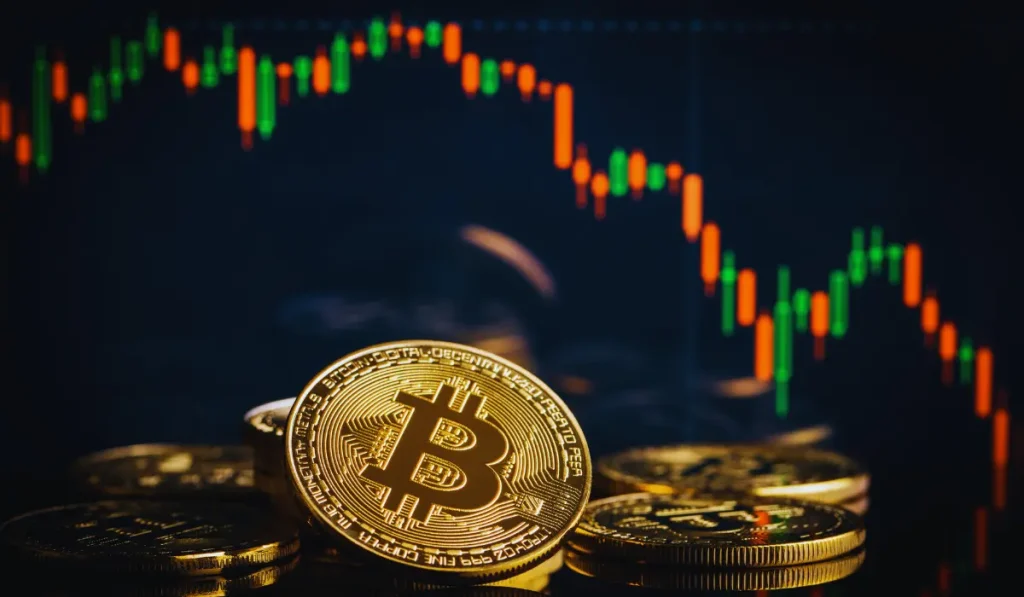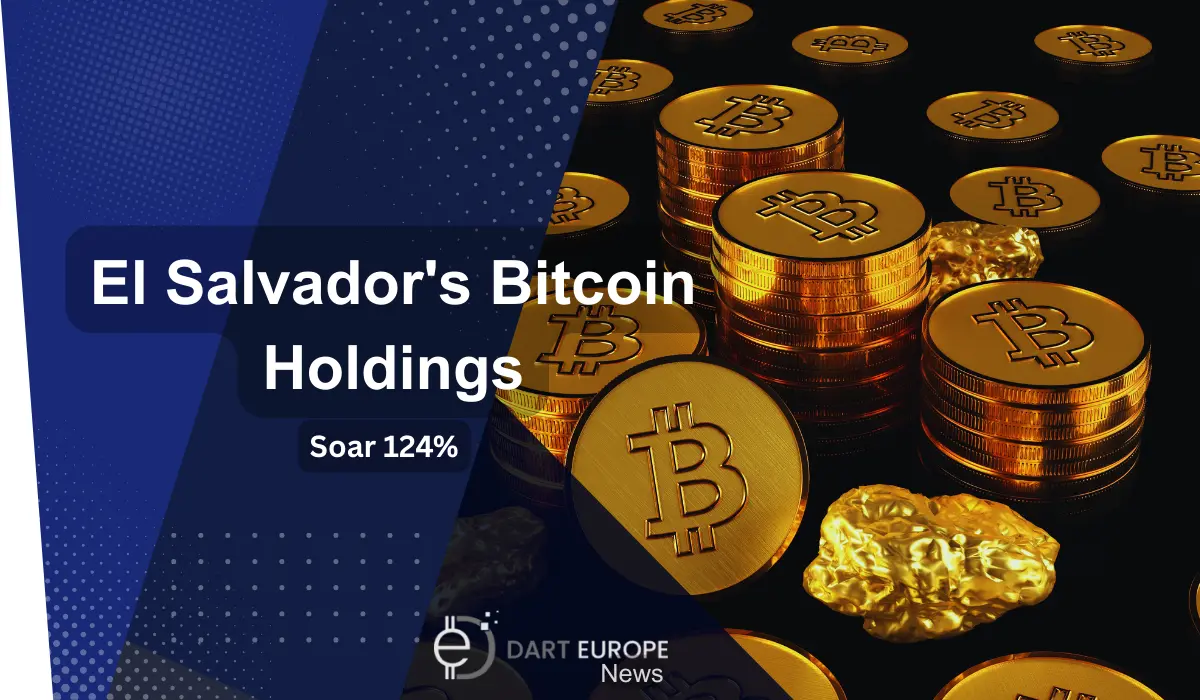Bitcoin’s drive to reclaim its January all-time high of $108,786 has resulted in El Salvador’s stash of the flagship crypto asset generating over $357 million in unrealized profits, continuing to prove to the world the savvy investment’s merit for Central America’s smallest nation.
El Salvador’s National BTC Stockpile Returns 124.4% in Profit Over Initial Investment of $287.1 Million
According to a screenshot shared by President Nayib Bukele on X, El Salvador’s holdings of 6,181 BTC are currently valued at over $644.4 million, compared to an initial investment of $287.1 million. The Bitcoins have delivered an unrealized profit margin of 124.4%, with $69.8 million in unrealized gains made this year alone and the stash ballooning more than $137 million over the last 30 days. In April, the country’s Bitcoin National Office added 32 BTC worth more than $650,000 to the stockpile.
This boost in valuation comes amid Bitcoin flirting with its all-time high, briefly touching $107,000 on Sunday before retracing to its current rate of $103,172.
In June 2021, El Salvador became the first country to recognize Bitcoin as legal tender. The policy recommendation was made by Bukele with the aim of promoting financial inclusion and freedom. The nation has no native currency and predominantly uses the US Dollar. It has been steadily accumulating Bitcoin in its national reserve for the last four years.
IMF Ordered El Salvador to Scale Back on Bitcoin Activities as Part of $1.4 Billion Loan Deal
However, in December 2024, as part of a deal to secure a $1.4 billion loan from the International Monetary Fund (IMF), the country was ordered to limit its Bitcoin-related activities. The funding package required making Bitcoin acceptance voluntary for the country’s private sector, while for the public sector, BTC purchases and transactions will need to be confined.

This was in contrast to Article 7 from the 2021 Bitcoin Law, which stipulates that “Every economic agent must accept Bitcoin as payment when offered by whoever acquires a good or service”.
However, in January, El Salvador’s Legislative Assembly approved a bill to revise and scale back the country’s Bitcoin adoption strategy to comply with the IMF’s orders. The Congress-approved bill updated regulations on the private sector for accepting cryptocurrencies as payment from mandatory to voluntary.
These reforms, which went into effect on May 1, also eliminated the provision of accepting BTC as a means for paying taxes. However, it will remain as an optional currency in the country.
El Salvador’s Bitcoin Office Continues to Accumulate BTC Under the “One Bitcoin a Day” Policy
Despite the IMF’s demands, Bukele maintained his advocacy for the apex cryptocurrency, with the government continuing to accumulate BTC, and the Bitcoin Office cementing its “one Bitcoin a day” acquisition policy.
“If it didn’t stop when the world ostracized us and most ‘bitcoiners’ abandoned us, it won’t stop now, and it won’t stop in the future,” Bukele wrote in an X post following the IMF deal. However, last August, the President acknowledged mixed results from the country’s Bitcoin experiment, citing that adoption was slower than expected.
The IMF package is expected to unlock another $2 billion in development bank financing support for fiscal consolidation efforts and boost investor confidence in the country’s ability to repay the debt, which amounts to 85% of its GDP.
Last month, the IMF’s Western Hemisphere Director Rodrigo Valdes said during a press briefing that El Salvador continues to comply with their commitment of non-accumulation of Bitcoin by the overall fiscal sector – a key performance criterion for the international lender.
While the IMF rules have restricted direct Bitcoin purchases by the Salvadorian government, the country’s Bitcoin Office, which technically operates outside the fiscal sector’s defined boundaries, has been able to buy small daily amounts without breaching the loan deal.
The IMF is preparing its first program review for the country, which will assess the government’s formal compliance and whether its Bitcoin activities undermine broader financial stability reforms. Valdes noted that the program is aimed at helping El Salvador “create the conditions for stronger private investment and growth”, supported by a “much better macro” and dividends from improved security.
El Salvador is Ranked as the Sixth-Largest Sovereign Bitcoin Holder
El Salvador’s current stockpile of 6,181 BTC ranks it as the world’s sixth-largest sovereign Bitcoin holder, only behind the United States, China, the United Kingdom, Ukraine, and Bhutan, as per data provided by Bitcoin Treasuries.
At the time of writing, Bitcoin (BTC) is trading at $102,993, down 0.87% in the last 24 hours.

